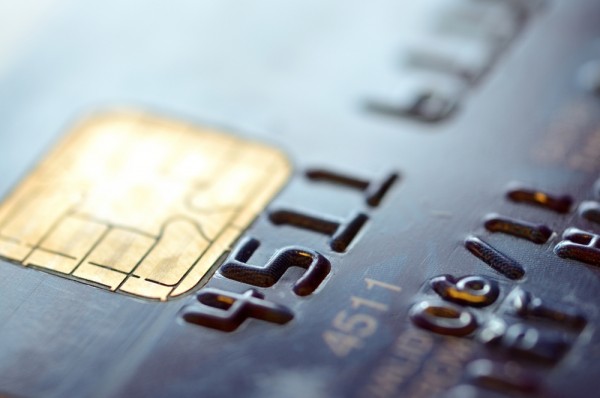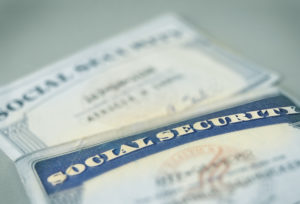Equifax Data Breach: What You Need to Know

This post was updated on October 4, 2017 to include a fourth consumer credit reporting agency, Innovis.
Equifax recently announced that hackers exploited a weak point on the company’s website, gaining unauthorized access to records associated with approximately 143 million U.S. consumers. Through this breach, sensitive client information was exposed, including Social Security numbers, birth dates, addresses, and driver’s license numbers.
Unfortunately, Equifax isn’t alone—both private companies and government agencies have fallen victim to countless data breaches in recent years. With access to highly personal information, thieves can leverage the data and commit fraud. Things you need to watch out for are:
- Phishing emails that claim to be from Equifax encouraging you to check if your data was compromised
- Phishing emails that claim there is a problem with your credit card, your credit score, or other personal financial information
- Calls from scammers who claim they are from your bank or credit union
- Fraudulent charges on any credit card
As recovering from identity theft can take months or even years, what can you as an individual do to best protect yourself? There are many options to explore and some vendors/providers offer different levels of services. It is up to you to identify your needs and requirements, and assess which combination of protections you want to put in place.
Here are some actions you can take to protect yourself:

You can also consider the free monitoring service being offered by Equifax, although there has been confusion over an individual’s ability to take legal action after the fact. Regardless, you should remember that no monitoring service is a replacement for vigilance in checking existing accounts periodically for unusual or unauthorized activity.
Freeze your credit at the four major credit bureaus, Equifax, Experian, Innovis, and TransUnion. To learn more, view this Consumer Reports guide.
- The upside: Freezing your credit greatly reduces the chance of criminals opening credit accounts in your name without your authorization. New credit can be opened in your name only if you contact the credit bureaus and authorize them to reactivate your account.
- The downside: Freezing your credit can create hassles if credit checks are needed for a loan, obtaining insurance, buying a mobile phone, etc. It also does not prevent criminals from using existing credit accounts for fraudulent purchases. Finally, there is a small cost for each credit bureau to freeze and unfreeze credit.
Check your credit reports to look for any unauthorized activity.
Check your bank and credit card statements for unauthorized activity.
If you believe you have been the victim of identity theft, the Identity Theft Resource Center is a useful site to learn more about how to protect yourself and resolve identity-theft issues. The nonprofit organization is funded by protection companies, such as Experian and LifeLock, but also by the U.S. Justice Department.
Any vendor mentioned above is only provided as a reference and is in no way a referral of Brighton Jones.
Read more from our blog:




